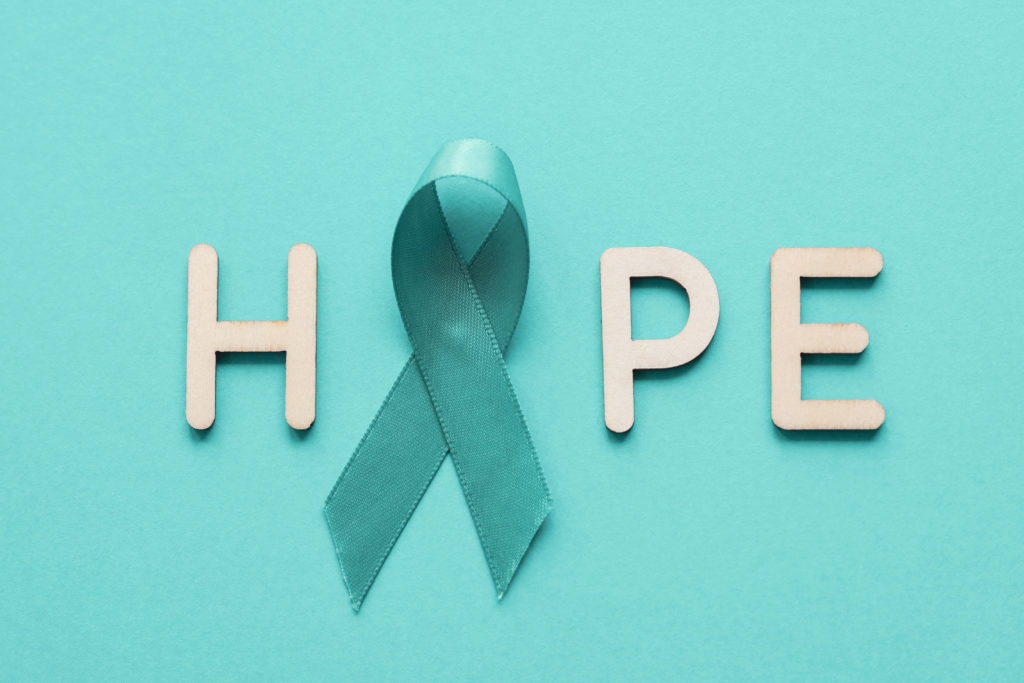Pornography, Exploitation, and Human Trafficking
What happens when human trafficking and the online sex industry collide? The troubling ties between the two, and what can be done to stop it.

By Shelby Mitchell
Victim Advocate
Sexual Assault Center of Brown County
The topic of human trafficking can often be controversial one. Wherever you stand on this issue, it is important to know the facts and understand basic definitions. The United Nations Office on Drugs and Crime defines human trafficking as any situation in which “force, coercion, abduction, fraud, deception, abuse of power or vulnerability, or giving payments or benefits to a person in control” are used to exploit another person. If any of these qualifiers are present, it’s human trafficking.
Many survivors of human trafficking are often subjected to multiple forms of exploitation, including pornographic images.
It has become incredibly common for me to hear from survivors in Northeast Wisconsin that their trafficker forced or coerced them into posing for sexually explicit photos. These images and other video content were then used to maintain control of that victim. Traffickers often share these images online and through various apps. They may also threaten to send the images to the victim’s family and friends. These methods of control further add to the shame that is already felt by many human trafficking survivors.
This type of exploitation is fueled by the increasing demand for nude images and other pornographic content on the web. Data from Webroot Cybersecurity estimates that 35% of all internet downloads are related to pornography. A study quoted in a recent article from Exodus Road also found that data aggregated from 400 million web searches revealed that the most popular term related to sexual searches was “youth.” Additionally, one of the most-searched terms on Pornhub, a popular porn website, is “teen.” This term has remained in their top 10 searches for six years.
If, at any point, a minor is used for commercial sexual exploitation that is human trafficking. Period.
Research has also raised the concern that some people who view pornography will eventually act on the physical desires that they have. This may result in a person paying someone to act out their desires with. This person may not understand that they have fueled the problem of human trafficking in two ways: first, through the consumption of online pornography and the second through in-person sex acts.
There are several things that we, as a society, can do to stop the sexual exploitation of others.
First, we have to say “no” to any content that depicts the exploitation of another human being — especially minors. This extends from the shows that we watch to the other materials we consume such as books, magazines and on social media.
If you see any images on social media that could depict the exploitation of another person’s body, report it. Reports can be made directly through the social media site or reported to the Cyber Tip Line at https://report.cybertip.org.
Another way you can help is by educating yourself on companies that profit from sexual exploitation. A list can be found at https://endsexualexploitation.org/ on the Dirty Dozen list. You can also educate others on the dangers of pornography and the connection to human trafficking. There are many online resources including: Endsexualexploitation.org, PolarisProject.org, Exodus Road, and Shared Hope International to name a few.
And lastly, please remember that any time pornography is produced and distributed at the expense of an individual against his/her will, human trafficking has occurred. Together, we can do our part to end sexual exploitation.
Additional Resources:
https://blog.theexodusroad.com/10-tools-to-keep-your-kids-safe-online
https://endsexualexploitation.org/
https://www.missingkids.org/gethelpnow/cybertipline
